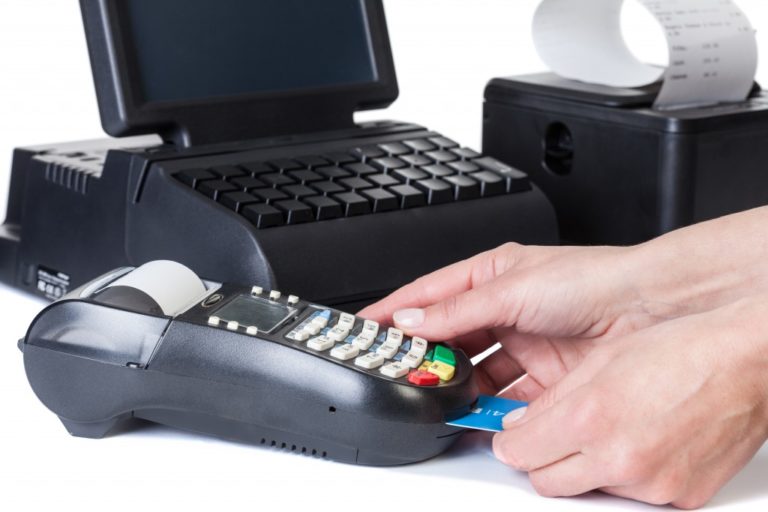Amidst the pandemic and other tribulations, one of the commonly affected aspects of commerce is pricing. Some business owners and entrepreneurs take advantage of the situation by unconscionably jacking up their product price. Thus, resulting in price gouging.
What is Price Gouging?
Price gouging is an act of raising prices to unfair levels. Price gouging normally occurs when there is a sudden increase in demand for a particular product, service, or commodity. Typically, price gouging involves three main components:
1. a price deemed unfairly high,
2. an emergency or difficult situation, and
3. a product or service useful in responding to an emergency.
As observed in the recent pandemic, during its peak, companies and business owners took advantage of the world health crisis and unfairly increased prices of alcohol, tissue, food, and other essential consumer items.
The Ethical Aspects of Price Gouging
Although price gouging has been deemed illegal in most states and countries, there is still a continuing debate of its morality. Despite the government and numerous commercial platforms intervening, ongoing debate among scholars and policymakers still proliferates.
Although the unfair increase of prices amidst natural disasters and global crisis is rightfully deemed unethical, business owners and some economists still contend the morality of such action, mainly hinged on price gouging’s practical value.
The opposing party’s contention stems from the fact that raising prices on high-demand can help offset the revenue loss. The dilemma comes from practicality and the freedom of business owners to increase the price of their inventory.
In many cases, raising prices on high-demand items can help offset the revenue loss from low-demand ones and keep a business. However, such contention is still outweighed by the fact that business owners are morally obligated to provide consumers with fair access to essential products in times of disaster and need.
In terms of addressing business owners’ needs to profit, there should be a determinant factor for a price increase that will draw the line between justifiable and excessive price increase. The concept of supply and demand should be viewed in fairness and equality amidst chaos and tribulation.
Consequently, laws and policies are crafted to guide business owners and consumers alike regarding proper product pricing.
The Legal Aspects of Price Gouging

In response to price gouging, price-gouging laws were created and implemented, especially during the COVID-19 pandemic. Washington D.C., including other 24 states, has passed legislation to prohibit and prevent price gouging during the state of emergency.
States without formal price gouging law have been forced to enact emergency legislation to curtail advances in the consumer industry, particularly concerning unfair product pricing.
Amidst this unprecedented legislation, the public called for a federal price-gouging law to have a uniform standard and basis for safeguarding consumers’ rights. Particular inclusions in the federal price-gouging law are emphasized by consumers, which includes a clear and understandable definition of price gouging.
Additionally, a call for establishing significant civil penalties enforceable by the Federal Trade Commission (FTC) and State Attorneys General (AGs) has also been voiced by the public, all of which shall be applicable in any disaster or health emergency now and in the future.
Response to Price Gouging
Apart from crafting laws to battle price gouging and other unethical acts amidst disasters and emergencies, non-government groups and institutions also introduced their own initiative to curtail or even stop price gouging. Amazon, in particular, has introduced guidelines and penalties for Amazon sellers to discourage price gouging.
The company vigorously combat unfair price increase on its online platform by:
emphasizing their long-standing policies that ensure fair pricing, which Amazon sellers should strictly observe
24/7 monitoring of Amazon stores and removing offenders in the process
collaborating with federal, state, and local law enforcement agencies to hold offenders accountable
focusing on customer’s interest and satisfaction above all
Additionally, other agencies, companies, and concerned individuals discouraged price gouging through process servers for legal support and services. This one way of making sure that legal steps are accurately performed and things are done quickly.
Final Thoughts
When it comes to price gouging’s legal and ethical aspects, things should always be clear between policymakers, law enforcers, and business owners. Despite having some issues concerning some portions of anti-price gouging laws, the law itself should be interpreted according to the very purpose of its enactment, which is to protect the interest of the majority.
Despite the need to generate profit during desperate times, business owners should also consider the populace’s overall well-being when pricing their products. Price should always be with the bounds of what is legal and moral.






